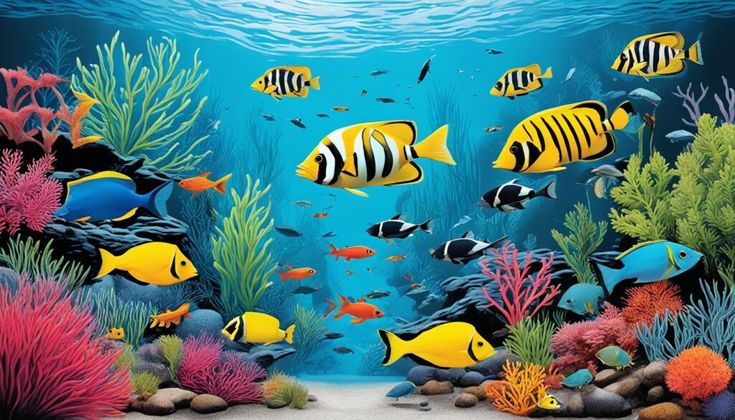Africa’s waters are home to a breathtaking array of scaled fish species that contribute immensely to the continent’s ecological balance and cultural heritage.
From the shimmering rivers of the Congo Basin to the coastal reefs along the Indian Ocean, these fish offer a glimpse into the evolutionary marvels of aquatic life.
Their roles are far more significant than what meets the eye.
These scaled fish — both freshwater and marine — are not only biologically diverse but are also deeply intertwined with local traditions, food security, and regional economies.
Many communities have relied on them for generations, not just for sustenance but as symbols in rituals, folklore, and artistic expression.
Understanding the ecological and cultural roles of African scaled fish is essential for anyone studying marine biology or conservation in the African context.
This article takes a professional and in-depth look into the most significant species, the threats they face, and why protecting them is crucial for the continent’s future.
2. African Freshwater Scaled Fish
In Africa, freshwater environments are home to a vast array of scaled fish species, some of which are endemic to specific regions. These fish thrive in rivers, lakes, and wetlands, and their ecological roles are critical to maintaining biodiversity.
Key Freshwater Species
- Nile Tilapia (Oreochromis niloticus): One of the most widely recognized species in Africa, Nile tilapia plays a crucial role in both the ecosystem and the economy. This species thrives in the rivers and lakes of sub-Saharan Africa, particularly the Nile River and Lake Victoria.
- African Catfish (Clarias gariepinus): Known for its adaptability, the African catfish can live in a variety of freshwater habitats, from large rivers to smaller ponds. It is often an important source of food in many regions and is crucial for local aquaculture industries.
- Zambezi Shark (Carcharhinus leucas): Though primarily a marine species, it frequently enters freshwater systems and has adapted to life in African rivers. Its presence is a key indicator of the health of freshwater ecosystems.
Ecological Role of Freshwater Fish
Freshwater scaled fish species play vital roles in nutrient cycling, food webs, and maintaining the health of aquatic habitats. By feeding on algae and detritus, they help to regulate water quality.
Additionally, they provide food for a wide range of predators, contributing to the overall biodiversity of these habitats.
3. African Marine Scaled Fish
The marine waters of Africa are equally diverse, with numerous scaled fish species inhabiting the warm coastal waters and coral reefs of the continent.
These fish are not only important for the health of marine ecosystems but also have significant cultural and economic value.
